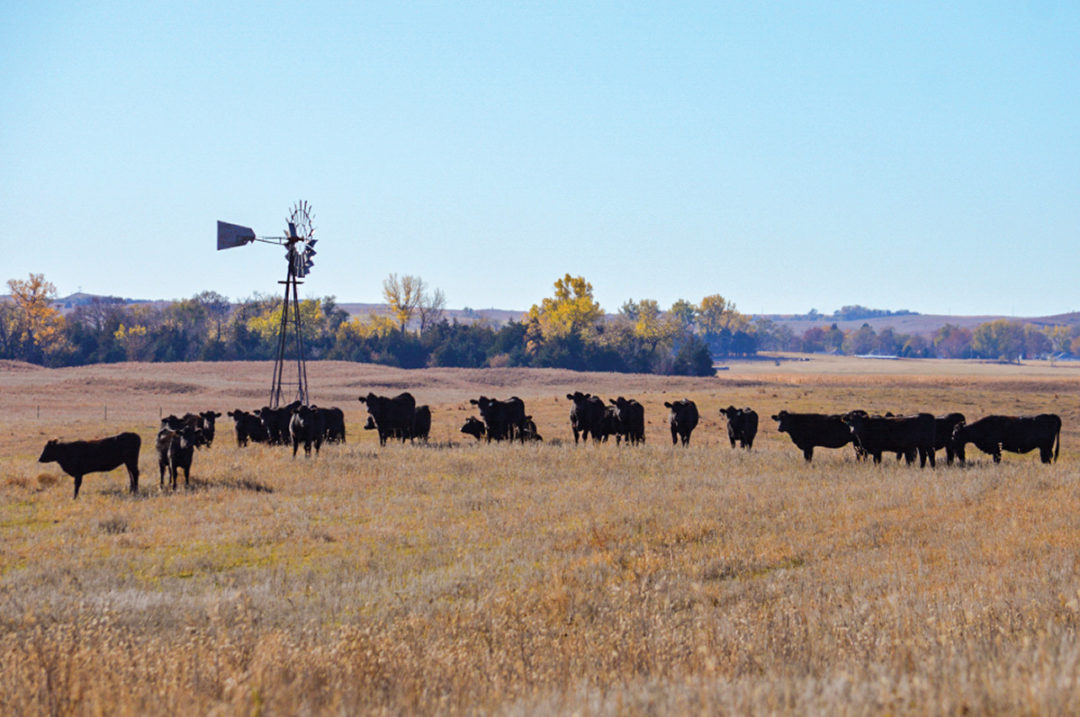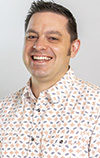The University of Nebraska – Lincoln (UNL) and South Dakota State University (SDSU) are spearheading the Great Plains Heifer Development Program to help beef producers optimize heifer development and reproductive efficiency. The program will make its home at the Haskell Beef Lab near Concord, Nebraska.
Facing historically low numbers in the U.S. cow herd, UNL Beef Extension Educator Connor Biehler and Kiernan Brandt, a professional service technician with Trans Ova Genetics, have led out on starting the program, with a shared vision of optimizing and enhancing reproductive efficiency and heifer development. The program is open to consigners looking to enhance their heifer development strategies. Services offered will focus on principles of heifer selection, feeding, management strategies, genetic tools for sire selection, estrus synchronization protocols, post-breeding management and more.
“This is where the rubber meets the road for cattle producers, where we can address the real challenges producers encounter in optimizing heifer reproduction, making informed breeding decisions and ensuring the longevity and productivity of their herds,” says Biehler.
The Great Plains Heifer Development Program will serve as a platform for testing cutting-edge technologies while staying in alignment with Beef Improvement Federation genetic goals to ensure heifers enrolled in the program not only meet but advance industry standards.
“This program is more than just a service; it’s a transformative opportunity for producers,” says Brandt. “We’re not only streamlining the heifer development process, but also bringing in the latest technologies to empower producers with valuable data about their herds.”
Beyond providing a service, the Great Plains Heifer Development Program seeks to create a robust learning community. Producers are encouraged to actively engage, foster open communication and share knowledge. The program will welcome producer collaboration, including those interested in contributing high-accuracy sires or genetic input.
“We want producers to come together, share insights and collectively elevate the efficiency and genetic prowess of their herds,” says Rick Rasby, a professor in UNL’s animal science department. “This isn’t just about increasing numbers; it’s about improving the quality of the cow herd. It’s about creating resilient, flexible and knowledgeable producers who are well informed about the status of their herds.”
The program will begin accepting cattle in mid-December. To learn more about heifer qualification guidelines, health requirements and more, email Biehler or call (402) 624-8007, or visit the Great Plains Heifer Development Program website.












